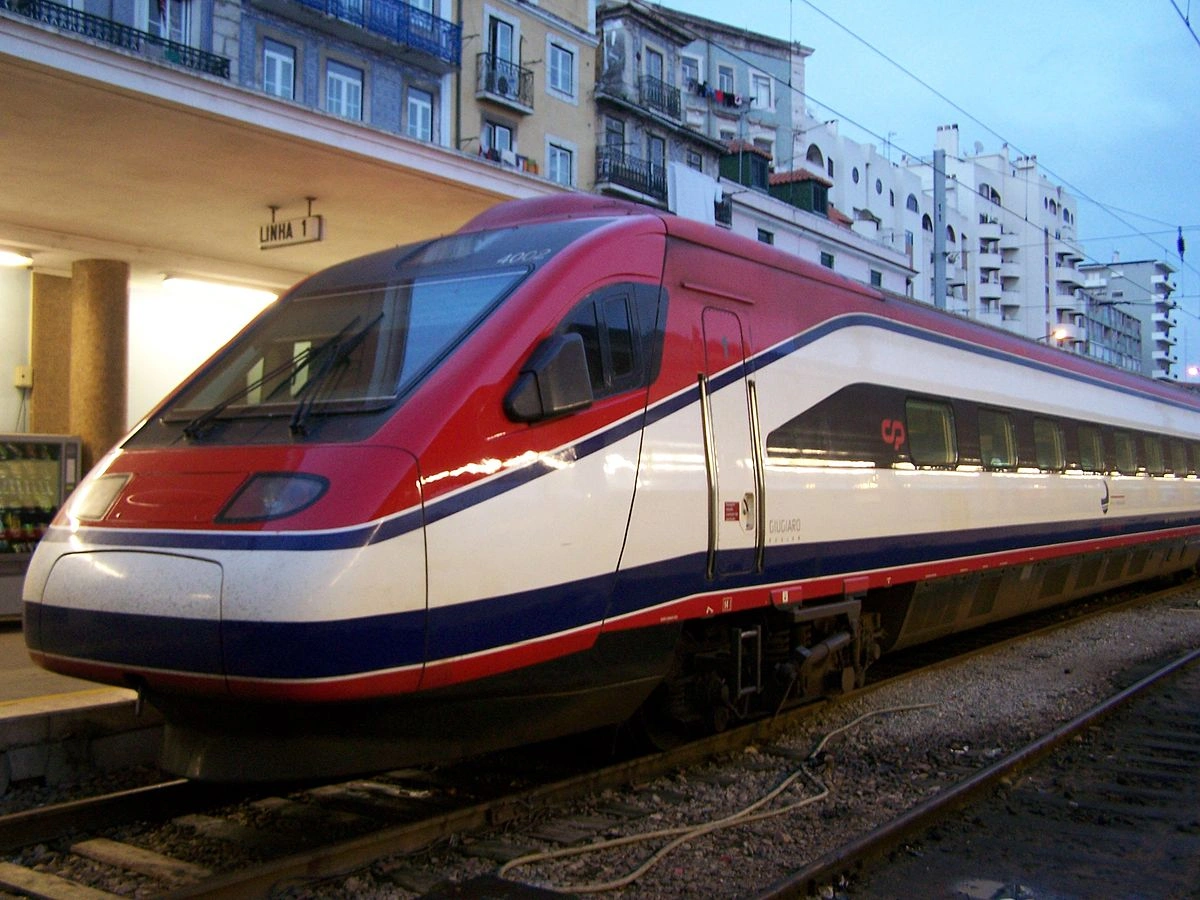Italian rail group aims to launch high-speed links between European cities
- 21 August, 2023
- 15:08

The Italian state-owned train operator is aiming to launch high-speed rail services between some of Europe’s biggest cities as it takes advantage of the liberalization of the region’s network, Report informs referring to the Financial Times.
Ferrovie dello Stato Italiane (FS) wants a high-speed rail service that connects Brussels, Amsterdam, Paris and eventually Berlin to exploit EU rules forcing countries to allow competition on their high-speed networks.
Detailed plans are already under way to link Paris and Barcelona.
Carlo Palasciano Villamagna, chief international officer of FS, told the Financial Times the company was interested in offering cross-border services after new liberalization measures came into force in June 2019.
The rules have paved the way for competition between private companies and state operators from neighboring countries as rail groups are allowed to run trains on infrastructure across the region.
The move aims to expand the market, making trains a more competitive option to short-haul flying, in one of the most significant changes to the European rail industry in decades.
It comes as Eurostar, which connects the UK with the continent, also faces potential competition for the first time after the owner of National Express held talks with Spanish industrialists over launching a new cross-Channel service.
Trenitalia, the train operating arm of FS, has already expanded into some high-speed rail services in France and Spain, including linking Milan and Paris.
Alberto Mazzola, executive director of the Community of European Railways, a lobby group of mainly state-owned railways, said he expected greater competition on many routes.
There have been complaints that the rail shake-up has been slow, which Mazzola blamed on the coronavirus outbreak less than a year after liberalization came into force.
“If we hadn’t had Covid, we would have seen even more competition today,” Mazzola said.
He suggested, however, that the lack of suitable infrastructure for high-speed rail services in Europe was also a big problem.
Networks were mostly focused on connecting places within one country, he added, with few high-speed rail lines between neighboring states.
A report this year by consultants EY found that creating a comprehensive high-speed network to connect Europe’s biggest regions and cities would cost 550 billion euros.
